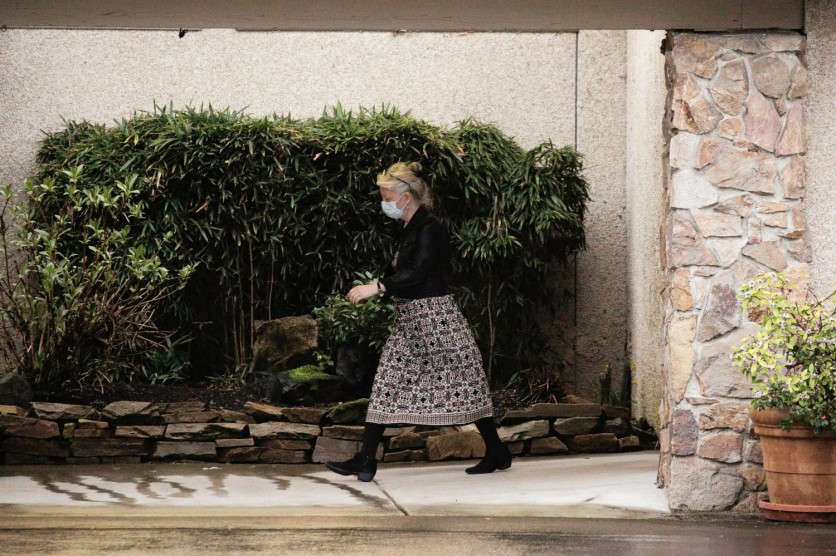
Health experts are extensively skeptical of the numbers pronounced by China's neighbors. They believe the deadly infection is spreading undetected in Southeast Asia.
With infection packs sprouting outside the mainland, where the outbreak started, many worries those pockets are maintaining the outbreak and pushing the world towards a global pandemic.
The diseased, officially called COVID-19, has sickened over 83,000 and killed more than 2,850, broadly speaking in China. But instances have spread to more than four countries and been diagnosed as far as Brazil and Finland.
Number of cases in Cambodia, Thailand, Indonesia 'very unlikely'
Earlier this month, a study by Harvard T.H. Chan School of Public Health concluded that Cambodia, Thailand's number of coronavirus cases is statistically unlikely.
Researchers also noticed Indonesia, the world's fourth-highest populous country, not mentioning a single one. The archipelago, based on its direct flights from Wuhan, needs to have at least five patients by now, the researchers noted.
It's not that those countries are getting lucky, says Marc Lipsitch, director of Harvard's Center for Communicable Disease Dynamics, and one of the research authors. "They're lacking infections."
About 2 million Chinese vacationers go to Indonesia annually, broadly speaking holidaying in Bali. According to China's consulate there, around 5,000 Chinese vacationers --- 200 of which are from Wuhan --- have been traveling to the country when news of the outbreak suspended flights on Feb. 5. Most of those were not quarantined or tested.
Dr. Shela Putri Sundawa, an Indonesian doctor who hosts health podcast "Relatif Perspektif," said there are simple viral cases. "We just haven't discovered them yet --- I think the surveillance we're doing now is too loose," she added.
Sundawa said doctors in Indonesia are not testing out all respiratory infections for coronavirus. She added the health experts there are depending on removing suspected patients by using their links to known instances or their travel history.
New York Times reported that instances have already raised up in numerous countries among those who've not been to China. Missing one possible carrier can lead to similar infections that can't be linked to travel, meaning more patients might never be screened.
"You can't locate [the] stuff you don't look for," says Lipsitch, the Harvard epidemiologist. He estimated that even high surveillance countries had missed about half their imported cases.
He predicts that a worldwide coronavirus pandemic is "likely" and that 40 to 70 percentage of the world's population can be infected.
'So what can we investigate?'
Indonesia's health officers insist their protocols follow the World Health Organization's guidelines with a device that specialize in temperature checks at arrival gates and self-reporting. Most of Southeast Asia follows this approach, while numerous studies indicate border screenings are not effective.
ALSO READ : Thermometer Guns Used By Coronavirus Front Lines Are 'Notoriously Not Accurate;' Should We Be Scared?
These screenings have to catch people in a very slender window, between when they're well enough to travel but sick enough to detect. Temperature scanners, fickle on the satisfactory of times, will also no longer locate everyone whose fever may additionally have subsided after a Tylenol on the plane. And simply because a person doesn't present medical symptoms, doesn't mean they aren't sick.
Relying on self-reporting once instances are introduced to the country creates more problems if patients and medical employees don't understand what to look for.
It's also hard to check for coronavirus without the correct lab kits, which Indonesia lacked since Feb. 5. Indonesian Health Minister Terawan Agus Putranto, urged the public not to be anxious in the face of the outbreak, especially as reports of suspected cases had emerged in some local cities, including Bandung in West Java and Sorong in West Papua.
ⓒ 2026 TECHTIMES.com All rights reserved. Do not reproduce without permission.




